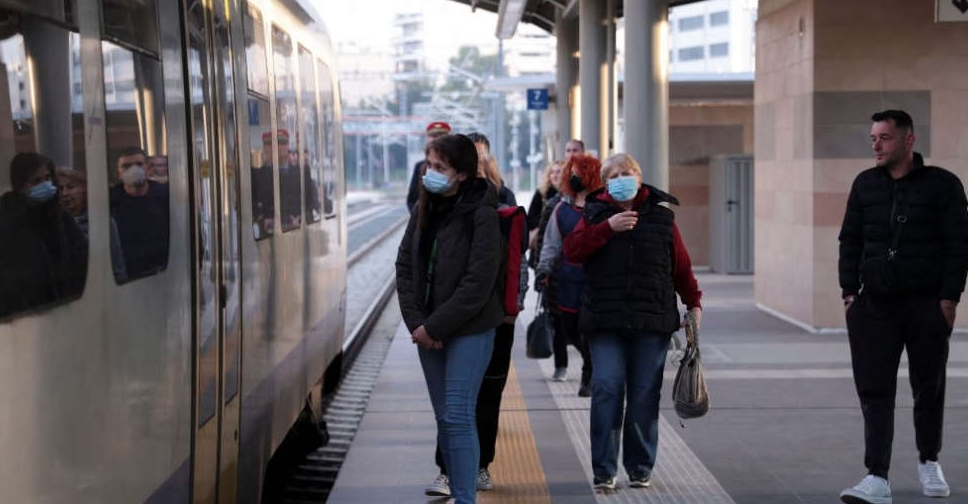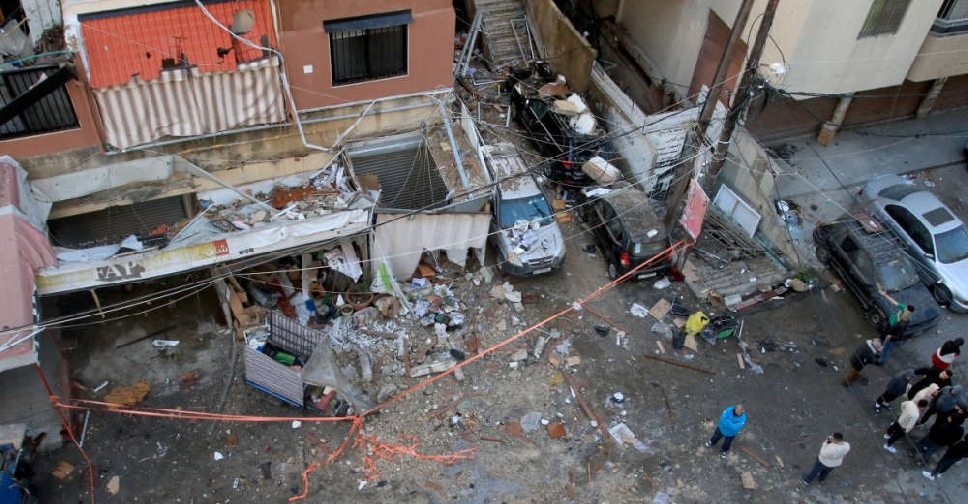
Greece reopened some train routes on Wednesday, three weeks after a deadly train crash forced authorities to suspend all rail service across the country over safety concerns.
All passenger and freight services have been halted since a passenger and a cargo train carrying more than 350 people collided head-on on February 28 on the same track near the city of Larissa, killing 57.
The rail disaster on the Athens-Thessaloniki route, Greece's deadliest on record, has sparked mass protests over safety shortcomings at an ailing network, the legacy of a decade-long financial crisis which ended in 2018.
The government has acknowledged delays in installing safety modern systems across the network and ordered a judicial inquiry, but has blamed the crash mainly on human error. Railway unions say the government repeatedly ignored their calls to improve safety systems.
Police have detained four railway workers, including the station master on duty after the magistrates' office charged them with disrupting public transport leading to deaths.
The Greek regulator also said last week that the station master and others had "inadequate" training.
"We will do whatever is humanely possible to win back the trust of our passengers," OSE rail agency Chief Executive Officer Panagiotis Terezakis said at a central Athens station before the first services set off.
"Considering that the train is the most environment-friendly mode of transport, it is worth putting all our efforts into its swift and safe resumption," Terezakis said.
Rail services will gradually resume in the next five weeks, Terezakis said, adding that trains will run at slower speeds and with an enhanced workforce at stations to safeguard travel.
Rail experts have pointed to years of delays in completing a remote traffic control and signalling system across a 2,500-km (1,550-mile) rail network, which could have averted the accident.




 Trump fires National Security Agency director
Trump fires National Security Agency director
 Israel steps up Syria strikes, says Turkey aims for 'protectorate'
Israel steps up Syria strikes, says Turkey aims for 'protectorate'
 US sending Israel 20,000 assault rifles that Biden delayed
US sending Israel 20,000 assault rifles that Biden delayed
 Israel says it killed a Hamas commander in Lebanon
Israel says it killed a Hamas commander in Lebanon



